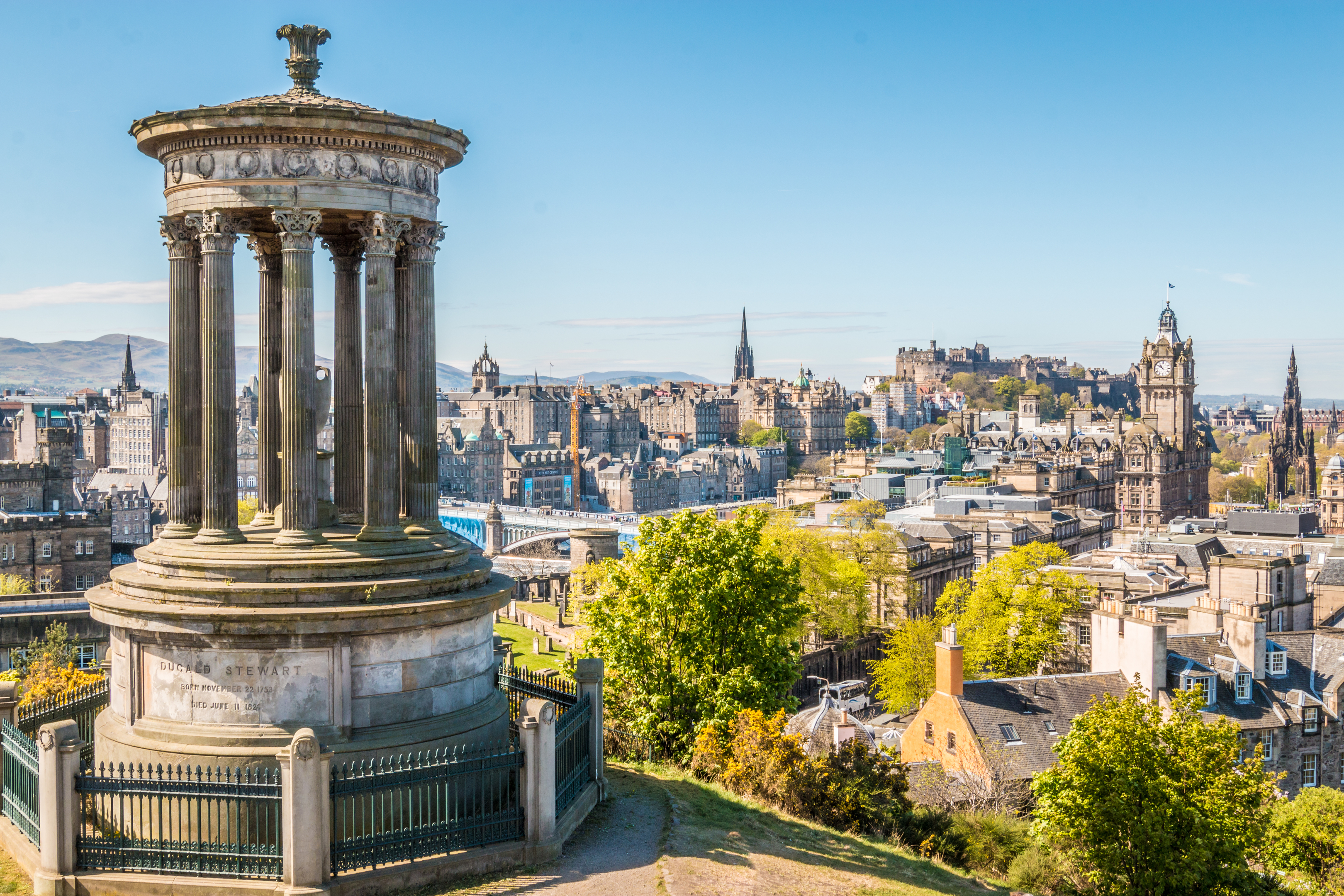
PROPOSALS for a tourism tax in Edinburgh have been branded “unwanted and potentially damaging” as a survey of local businesses reveals a majority were opposed to the plans.
The Federation of Small Businesses (FSB) surveyed 124 businesses in the city, with 94 (76%) stating they were against the introduction of a levy on tourism and 73% saying they thought it would have a negative impact on the local economy.
The city council is currently drawing up a business case for a proposed tax with the aim of persuading the Scottish Government to hand over the necessary power to introduce it.
The draft proposals are expected to be revealed this summer with a consultation with local businesses to follow.
It is estimated that visitors spend £1.46 billion each year in Edinburgh, supporting around 34,800 jobs.
Janet Torley, FSB area leader for the east of Scotland, said tourists must be valued and not “priced out” of the city.
She said: “This is a wake-up call for the City of Edinburgh Council, signalling that its plans to introduce a tourism tax in the city are unwanted and potentially damaging.
“Despite the caution which the Scottish Government has urged over this tax, the city council has pressed ahead with the development of a ‘business case’ for its introduction. Now it is clear that the overwhelming opinion of local businesses is ‘no’.
“Edinburgh is at the very heart of Scotland’s tourist industry – it is our most visited city, it has our busiest airport, and it is home to some of our most iconic landmarks.
“Edinburgh’s success as a magnet for international tourists is vital to the economic health of visitor economies right across the country.
“If we tax tourists out of Edinburgh, then we risk taxing them out of Scotland, damaging the prospects of small local businesses throughout Scotland and threatening jobs.”
The plans have drawn criticism from other industry bodies, including the Scottish Tourism Alliance (STA) and the Association of Scotland’s Self-Caterers (ASSC).
Marc Crothall, STA chief executive, said: “The STA recognises the need across most destinations for an increased level of long- term sustainable investment, however applying a further cost to visitors is, in our opinion, not a sensible approach to take.
“The need for Scotland to become more competitive as a destination for visitors to travel to and spend money in is now greater than ever in relation to our impending exit from the EU.
“Any such visitor tax/levy being applied is counterproductive and could have a potentially devastating long-term impact on Scotland’s tourism industry and local economies.”
Fiona Campbell, ASSC chief executive, said a tourism tax would “threaten the existence of many small businesses” in the sector.

Enjoy the convenience of having The Sunday Post delivered as a digital ePaper straight to your smartphone, tablet or computer.
Subscribe for only £5.49 a month and enjoy all the benefits of the printed paper as a digital replica.
Subscribe